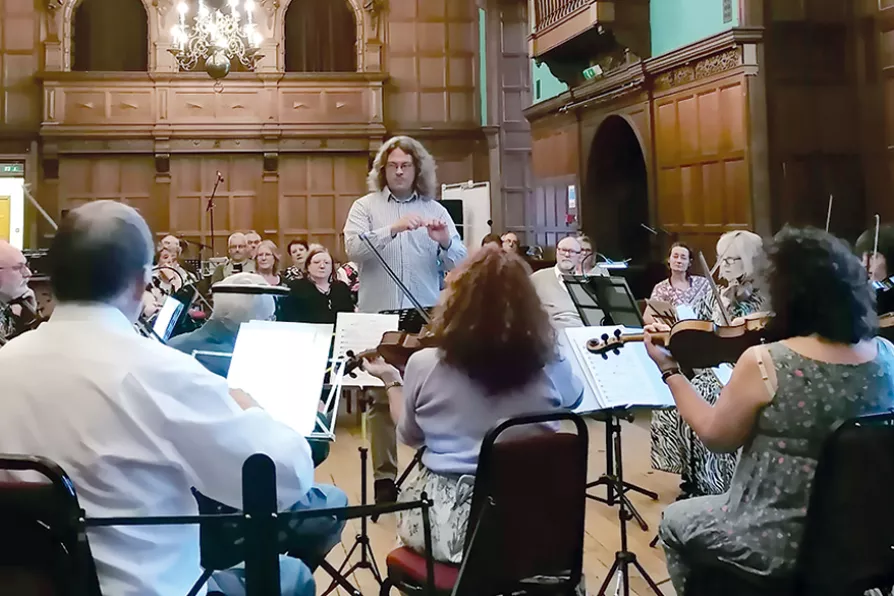Climate activist and writer JANE ROGERS introduces her new collection, Fire-ready, and examines the connection between life and fiction

 Alongside the wonderful music, there was a great comradery
[Ben Lunn]
Alongside the wonderful music, there was a great comradery
[Ben Lunn]
THE Workers’ Music Association (WMA) was formed in 1936 via a conglomeration of workers’ choirs, including the London Labour Choral Union, and other working-class groups and thanks to the leadership of individuals like Alan Bush and Rutland Boughton (among others).
Included in the early aims of bringing the greatest amount of music to the widest spread of the working-class, the Summer School has been a key element of the work and a continuing source of joy and enthusiasm among attendees and those close to the WMA.
Since it started in 1946, the Summer School has been continuous event, with the exception of the start of the Covid-19 pandemic, which made this year a cathartic and joyous experience.

ANN HENDERSON on the exciting programme planned for this summer’s festival in the Scottish capital













